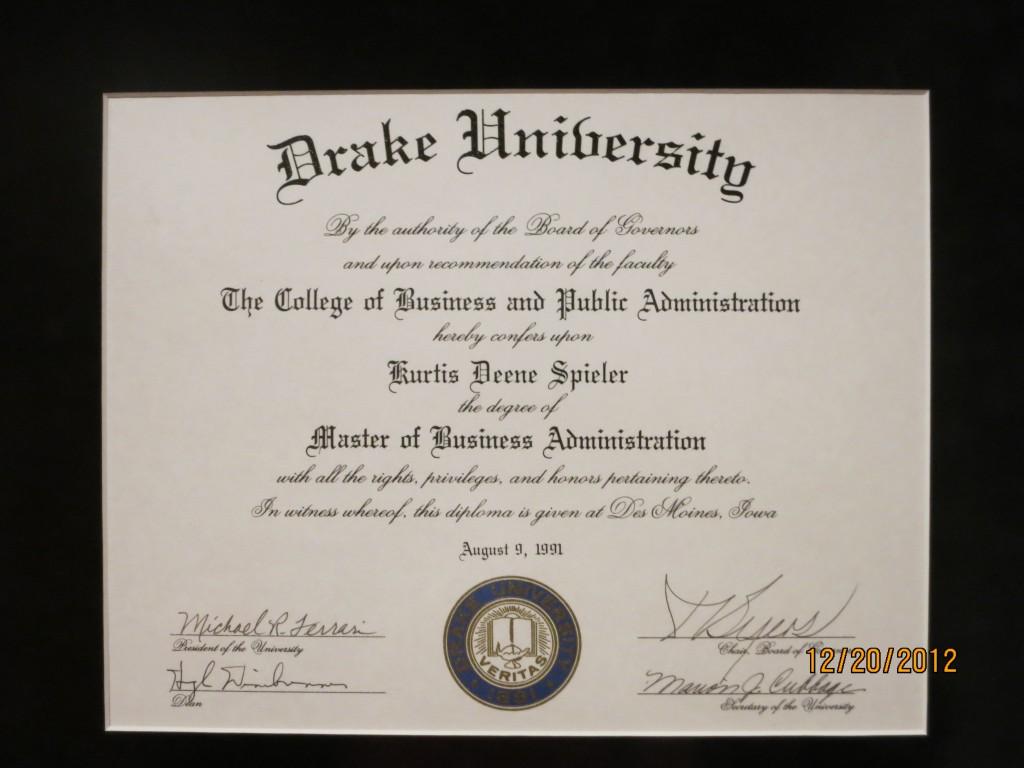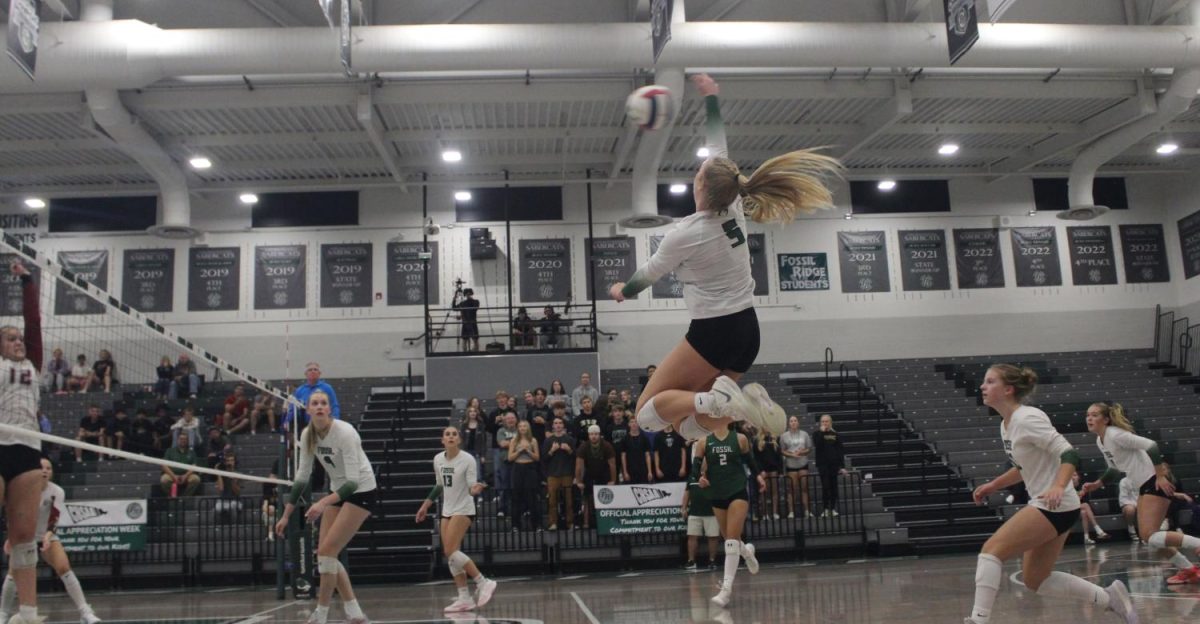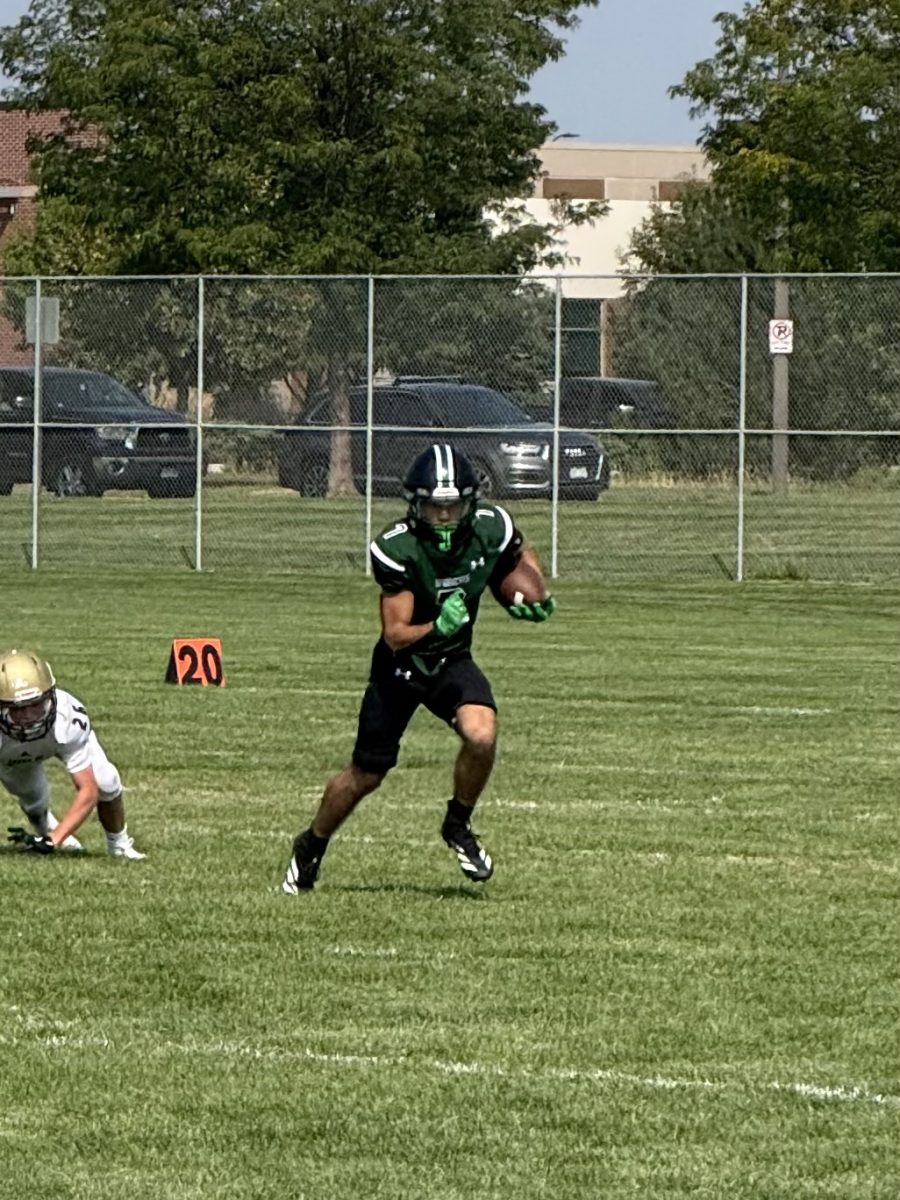Despite its physical and mental difficulty, wrestling is one of the most misunderstood sports offered in high school. It is one of the most physically and mentally demanding activities one can engage in. Elite wrestlers commit themselves to the sport whole-heartedly, with every aspect of their life, training, schoolwork, diet, and sleep, centered on their goal, to be a champion.
Wrestling is ideal for building character. Practices are intense, long, and difficult. Most people would not adapt to one of these workouts once a week, let alone every single day. Wrestling doesn’t require tryouts or cuts, because many of those who go out for the sport end up quitting. But those who can make it through a whole season, or their entire high school career, end up being changed for the better. As two-time NCAA champion and Olympic Gold Medalist Dan Gable said, “Once you’ve wrestled, everything else in life is easy.”
And along with intense practices, many wrestlers have to cut weight. There are many misconceptions about this aspect of the sport, often giving it a bad reputation. This is because many wrestlers cut weight in an unhealthy way, by losing a large amount of water weight in a short amount of time. The correct way to cut weight is to lower your body fat percentage before the season starts, eat small portions of high-nutrient foods, and drink plenty of water until a day or two before a match when you get down to weight. But even when wrestlers go about cutting weight correctly, it is still psychologically draining. Most sports only require you to compete once or twice a week. Wrestlers face obstacles on a daily basis. It can seem that dieting, homework, and practice are competition that one must win, just to get through the day. But those persistent enough to make it through will find themselves rewarded.
Wrestling is unique because although it is an individual sport, such as track or swimming, it is the only high school sport where you directly compete against your opponent. While many athletes get the security of competing with their teammates, or the ability to ride on the reputation of their coach or their program, wrestlers must prove their superiority with no help, other than the preparation they have undergone with the help of their teammates and coaches in practice. While this makes wrestling much more difficult, it is much more rewarding than team sports. When you win a medal, you take your medal home with you; it doesn’t collect dust in the school’s trophy case, with ten or fifteen other people’s names on it. And when you lose, the blame cannot be placed on anyone else. This is why wrestling can be a very emotional sport for many. But when you win, and your hand is raised, you can be satisfied with demonstrating your superiority for all to see.
But most of all, the work that you put in and the experiences you have on the wrestling mat help shape who you are. If you can make it through a sport that takes so much out of you, and willingly force yourself to struggle, the obstacles you run into life, don’t seem so difficult.












